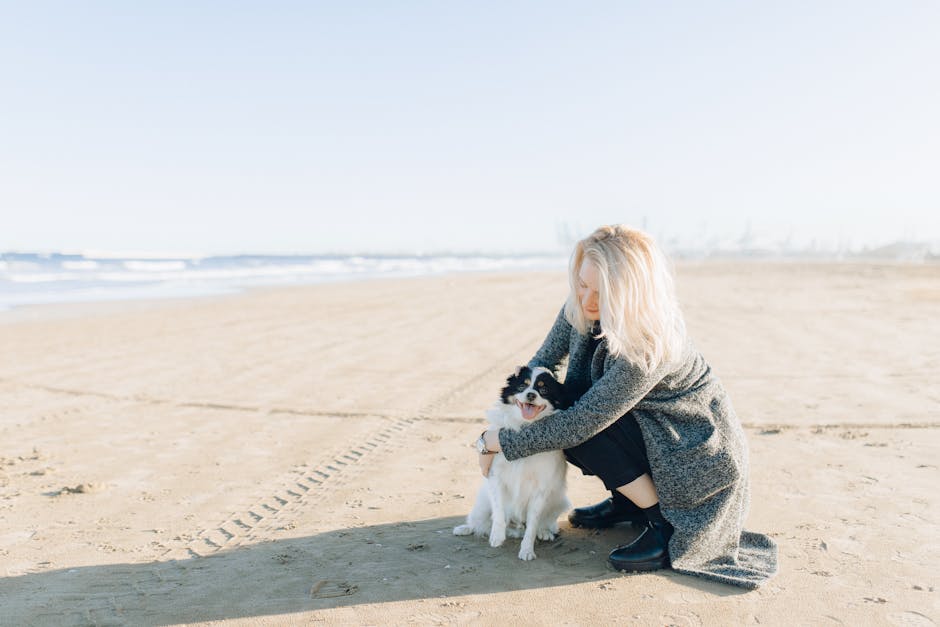A key indicator of a reputable breeder is their willingness to engage in thorough questioning. Before even considering a visit, a responsible breeder will want to understand your lifestyle, living situation, and experience with pets. They aren’t simply interested in making a sale; they want to ensure a proper match. Be wary of breeders who readily hand over a pet without first inquiring about your capabilities and commitment to responsible pet ownership. This pre-sale screening demonstrates a concern for the animal’s long-term welfare.
Furthermore, transparent breeding practices are a hallmark of a reputable breeder. They should readily provide information about the parents’ health history, including genetic testing results for common breed-specific ailments. This transparency extends to offering access to veterinary records and demonstrating a commitment to preventative healthcare, such as vaccinations and regular check-ups. These records aren’t just paperwork; they represent a dedication to producing healthy animals. A reluctance to share such information should raise immediate red flags.
The physical environment where the animals are kept is also crucial. Responsible breeders maintain clean, spacious, and appropriately stimulating environments for their breeding animals. This isn’t merely about cleanliness; it’s about ensuring the animals have enough space to move freely, engage in natural behaviors, and avoid undue stress. Overcrowding is a significant indicator of a puppy mill or irresponsible breeding operation. Observe the animals’ demeanor; healthy, well-socialized animals will typically be alert, curious, and exhibit appropriate interactions with humans and other animals. Fearful, withdrawn, or excessively aggressive animals suggest potential underlying issues stemming from poor breeding practices or inadequate socialization.
A reputable breeder actively participates in breed-specific organizations and adheres to their codes of ethics. Membership in such organizations signifies a commitment to the breed’s standards and a willingness to uphold responsible breeding practices. These organizations often offer resources and support to breeders, promoting best practices and providing a framework for ethical breeding. Inquire about the breeder’s involvement in these organizations and if they have any certifications or awards related to breeding excellence.
Another distinguishing factor is the breeder’s approach to socialization. Responsible breeders ensure their animals receive adequate socialization from a young age, exposing them to various sights, sounds, and experiences to prepare them for life in a human household. This socialization process is crucial for preventing behavioral problems later in life. Puppies and kittens from reputable breeders are usually confident, well-adjusted, and comfortable interacting with people and other animals. A breeder who emphasizes socialization demonstrates a commitment to producing well-rounded pets.
The sale process itself is a significant indicator of a reputable breeder. They will likely conduct a thorough home visit to assess your suitability as a pet owner. This is not an intrusion but a responsible measure to ensure the animal’s well-being. A reputable breeder will also maintain contact with you after the sale, providing support and guidance throughout your pet’s life. This ongoing relationship underscores their commitment to the animal’s welfare, even after the transaction is complete.
Lastly, be wary of breeders who heavily emphasize appearance over health. While breed standards are important, a responsible breeder will prioritize the animal’s overall health and temperament over superficial features. They should be knowledgeable about the breed’s inherent health risks and take steps to minimize them through careful breeding practices. Avoid breeders who use exaggerated language, making unrealistic promises about their animals’ perfection or future abilities.
In conclusion, identifying a reputable pet breeder requires diligent investigation and a critical eye. Focus on the breeder’s commitment to their animals’ health and well-being, their transparency, and their willingness to engage in a thorough vetting process. Remember that acquiring a pet is a significant commitment, and choosing a responsible breeder is the first step towards ensuring a happy and healthy life for your new companion. By employing these strategies, you increase your chances of finding a breeder who prioritizes the health and happiness of their animals, ensuring a rewarding and fulfilling experience for both you and your new pet. Do not hesitate to ask questions, conduct thorough research, and trust your instincts. A good breeder will be happy to answer your questions and allow you to observe their animals in a comfortable setting.
